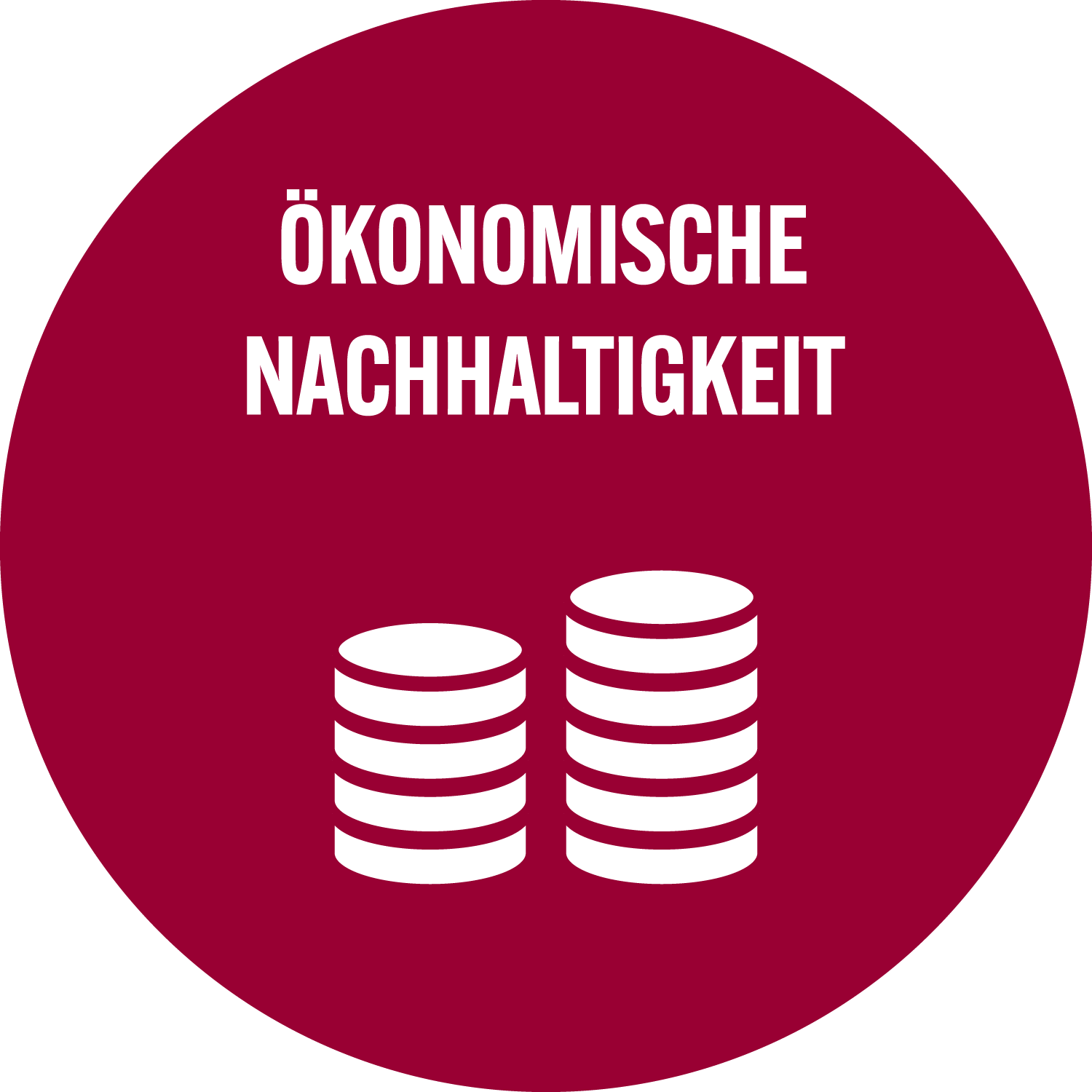|
Transitioning to clean energy transportation services: Life-cycle cost analysis for vehicle fleets
Comello, Stephen
;
Glenk, Gunther
;
Reichelstein, Stefan
|
DOI:
|
https://doi.org/10.1016/j.apenergy.2020.116408
|
|
URL:
|
https://madoc.bib.uni-mannheim.de/58082
|
|
Weitere URL:
|
https://www.sciencedirect.com/science/article/abs/...
|
|
URN:
|
urn:nbn:de:bsz:180-madoc-580829
|
|
Dokumenttyp:
|
Zeitschriftenartikel
|
|
Erscheinungsjahr:
|
2021
|
|
Titel einer Zeitschrift oder einer Reihe:
|
Applied Energy
|
|
Band/Volume:
|
285
|
|
Heft/Issue:
|
Article 116408
|
|
Seitenbereich:
|
1-11
|
|
Ort der Veröffentlichung:
|
Amsterdam [u.a.]
|
|
Verlag:
|
Elsevier Science
|
|
ISSN:
|
0306-2619
|
|
Sprache der Veröffentlichung:
|
Englisch
|
|
Einrichtung:
|
Fakultät für Betriebswirtschaftslehre > Stiftungsprofessur für ABWL (Reichelstein 2018-)
|
|
Fachgebiet:
|
333.7 Natürliche Ressourcen, Energie und Umwelt
|
|
Freie Schlagwörter (Englisch):
|
Decarbonization , Clean energy vehicles , Transportation services , Life-cycle cost , Fleet optimization
|
|
Abstract:
|
Comprehensive global decarbonization requires that transportation services cease to rely on fossil fuels for power generation. This paper develops a generic, time-driven life-cycle cost model for mobility services to address two closely related questions central to the emergence of clean energy transportation services: (i) the utilization rates (hours of operation) that determine how alternative drivetrains rank in terms of their cost, and
(ii) the cost-efficient share of clean energy drivetrains in a vehicle fleet composed of competing drivetrains.
The model compares alternative drivetrains with different environmental and economic characteristics in terms of their life-cycle cost for any given duty cycle. The critical utilization rate that equates any two drivetrains in terms of their life-cycle cost is shown to also provide the optimization criterion for the efficient mix of vehicles in a fleet. This model framework is then calibrated in the context of urban transit buses, on the basis of actual cost- and operational data for an entire bus fleet. In particular, our analysis highlights how the economic
comparison between diesel and battery-electric transit buses depends on the specifics of the duty cycle (route) to be served. While electric buses entail substantially higher upfront acquisition costs, the results show that they obtain lower life-cycle costs once utilization rates exceed only 20% of the annual hours, even for less favorable duty cycles. At the same time, the current economics of the service profile examined in our study still calls for the overall fleet to have a one-third share of diesel drivetrains.
|
 | Dieser Eintrag ist Teil der Universitätsbibliographie. |
 | Das Dokument wird vom Publikationsserver der Universitätsbibliothek Mannheim bereitgestellt. |
 Suche Autoren in Suche Autoren in
Sie haben einen Fehler gefunden? Teilen Sie uns Ihren Korrekturwunsch bitte hier mit: E-Mail
Actions (login required)
 |
Eintrag anzeigen |
|
|
 ORCID: 0000-0003-2540-838X ; Reichelstein, Stefan
ORCID: 0000-0003-2540-838X ; Reichelstein, Stefan






 Suche Autoren in
Suche Autoren in